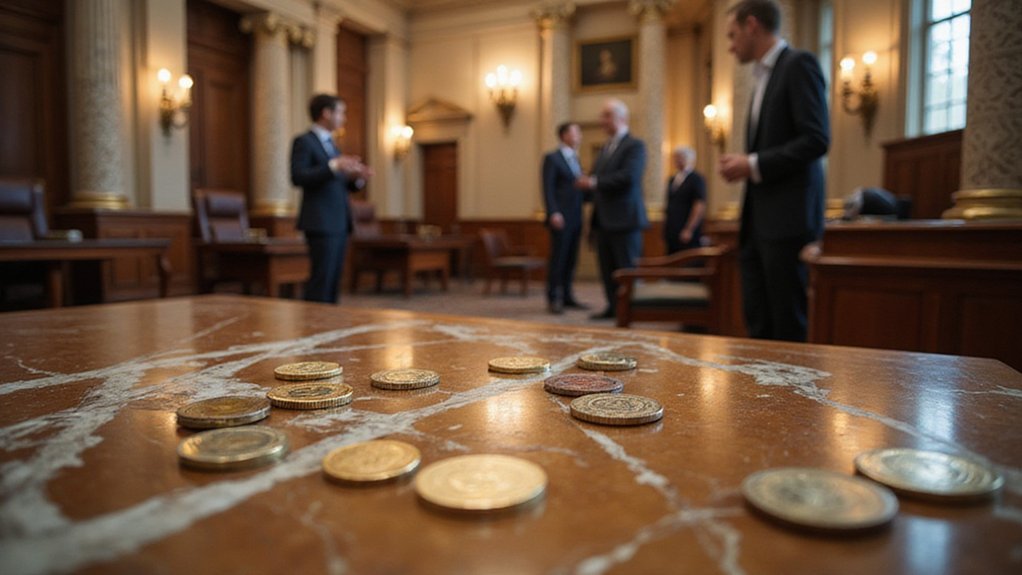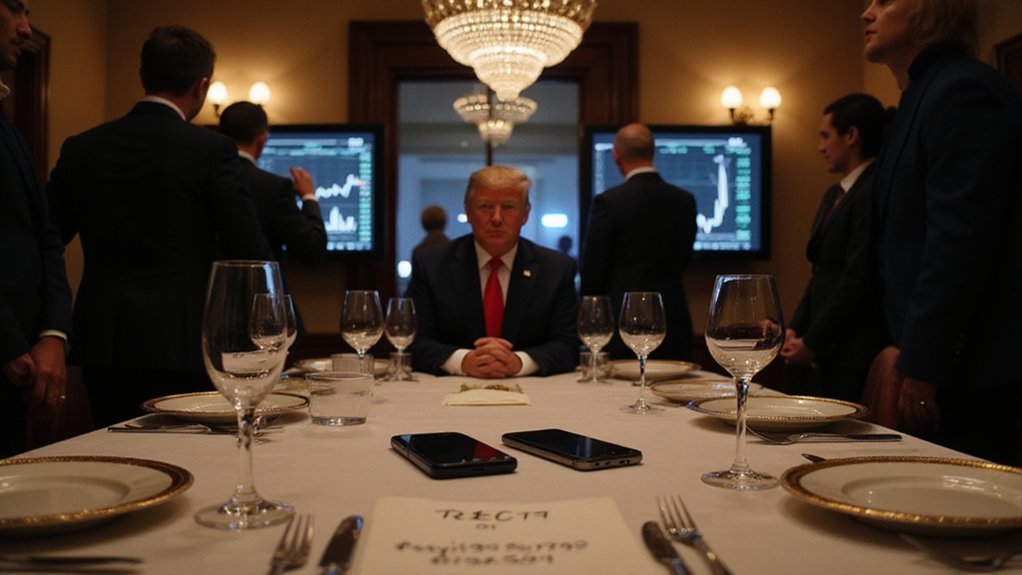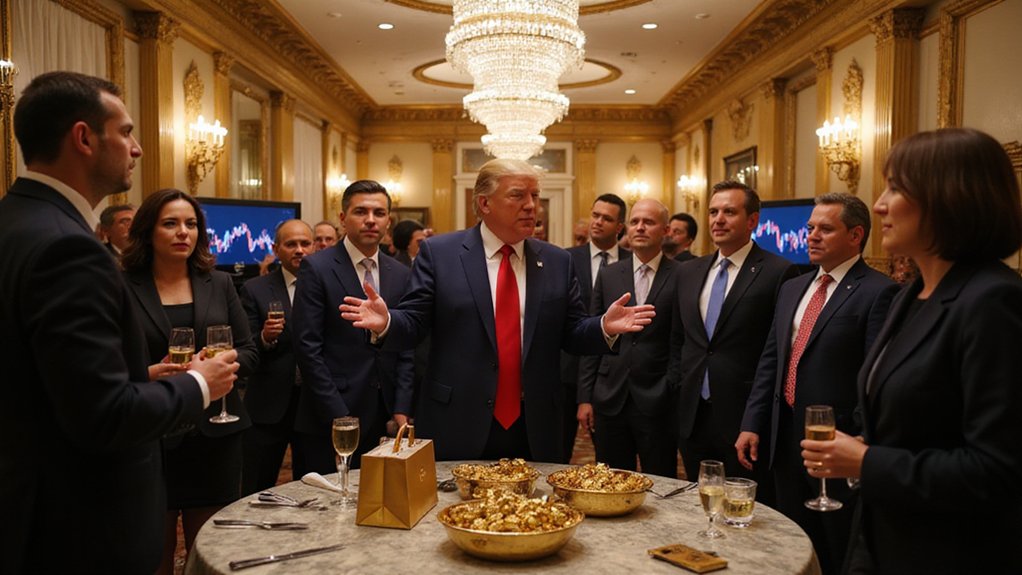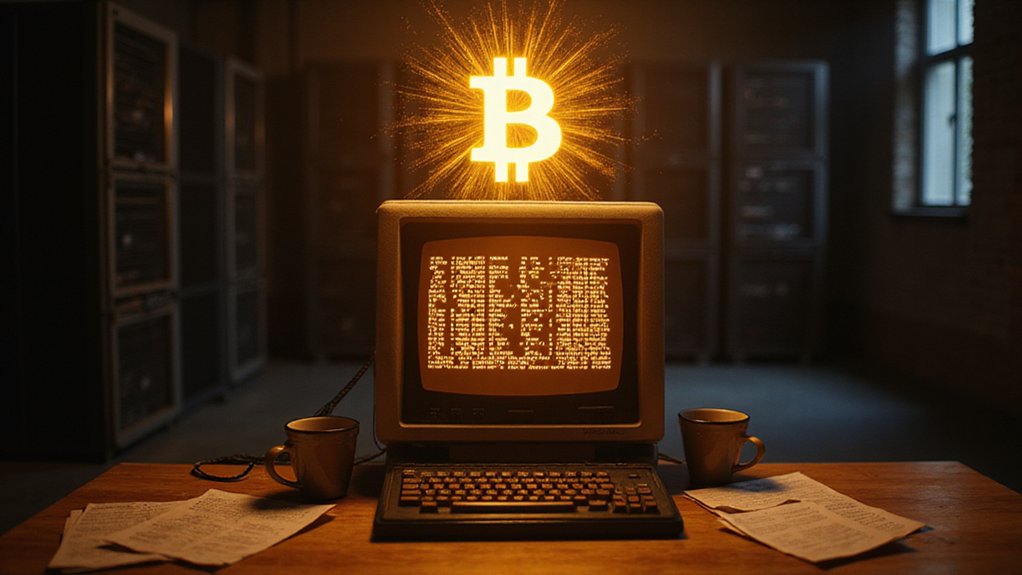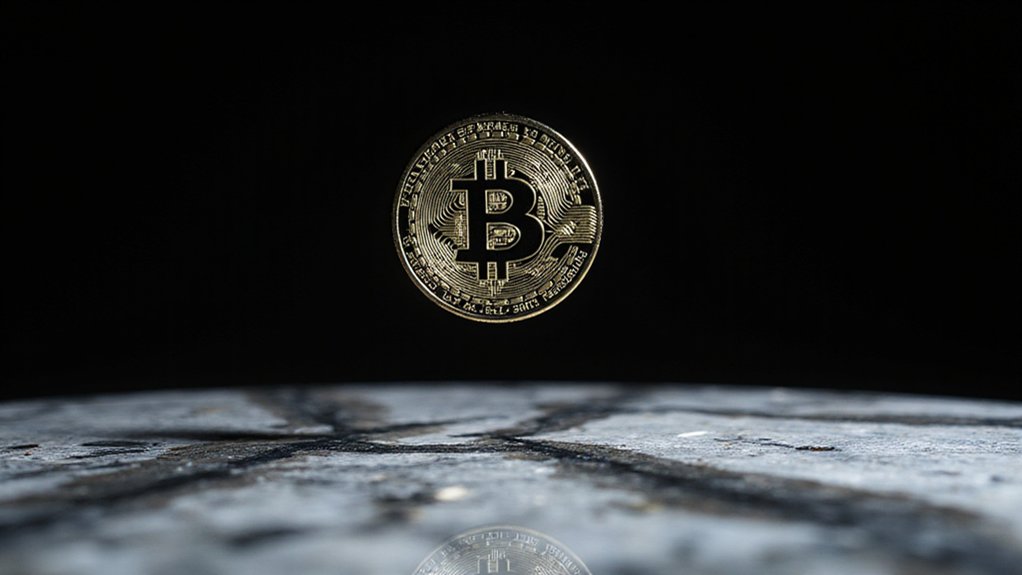While the Securities and Exchange Commission spent much of 2024 dispatching Wells notices to decentralized finance platforms like confetti at a regulatory parade, Uniswap—the protocol that pioneered automated market making through liquidity pools—now finds itself at the center of a broader industry campaign for DeFi exemptions that could fundamentally reshape how Washington treats non-custodial financial software.
The regulatory winds shifted significantly when the SEC closed its Uniswap investigation in February 2025 without enforcement action, a stark contrast to the agency’s aggressive pursuit of centralized platforms like Kraken and Binance. This reprieve appears to acknowledge what DeFi advocates have argued relentlessly: that writing open-source smart contract code fundamentally differs from operating a traditional financial intermediary.
Enter the CLARITY Act, currently under Senate review, which proposes explicit exemptions for developers who avoid acting as intermediaries. The legislation recognizes that coding protocols, operating nodes, or providing front-end interfaces shouldn’t automatically trigger SEC registration requirements—assuming developers maintain their non-custodial stance.
The CLARITY Act draws crucial distinctions between writing code and operating financial intermediaries, potentially reshaping DeFi’s regulatory landscape.
The bill treats self-published smart contracts as technology publishing rather than financial services, a distinction that could prove essential for the industry’s future. The Act’s emphasis on mature blockchain standards would allow tokens to be reclassified from securities to commodities once sufficient decentralization is achieved.
SEC Chair Paul Atkins has amplified this momentum with his proposed “innovation exemption,” designed to shield decentralized software developers from enforcement actions provided they exercise no centralized control. The initiative represents a significant departure from previous regulatory hostility, suggesting recognition that DeFi operates as programmable banking rather than traditional finance wrapped in blockchain clothing. This regulatory evolution acknowledges that smart contracts enable autonomous financial operations without human intervention, fundamentally challenging traditional oversight models.
Uniswap’s defense strategy emphasizes its role as a pure software provider—users control their own funds and data without relying on intermediaries for custody or execution. The platform’s open-source architecture and transparent governance complicate traditional regulatory frameworks that assume centralized control points. However, the platform’s early liquidity mining programs may still expose it to potential SEC claims under the Howey test framework.
Congressional testimony from Uniswap’s legal officers underscores the legislative branch’s vital role in establishing crypto-friendly frameworks that protect genuine decentralization while maintaining investor safeguards.
The industry response has been markedly positive, with DeFi tokens like UNI and AAVE experiencing significant price appreciation following regulatory developments.
Whether this regulatory détente represents permanent policy evolution or temporary political positioning remains uncertain, though the coordinated push for DeFi exemptions suggests the industry has found its legislative voice.
